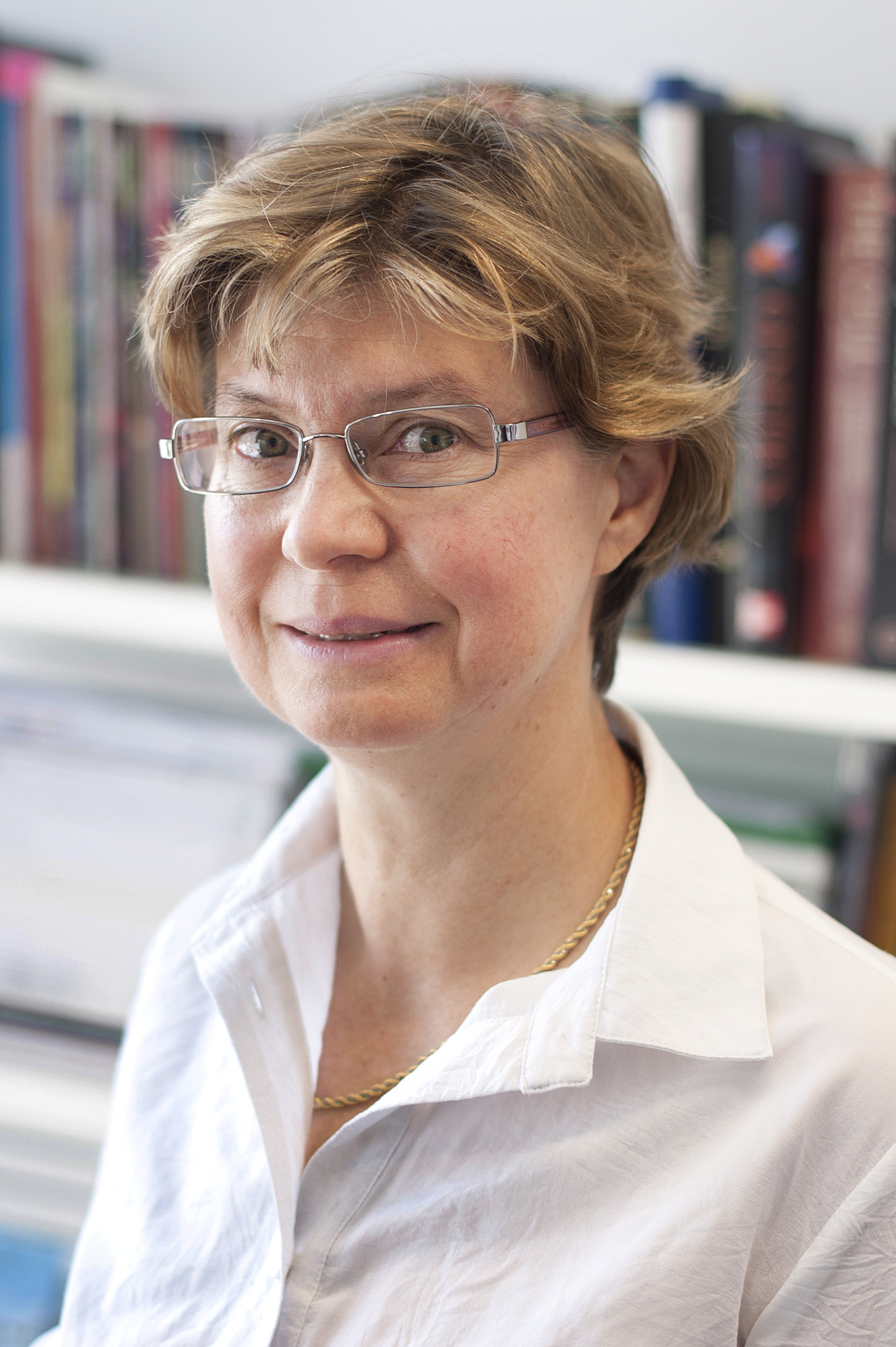




Your support will fund urgent research to...

 |
PREVENT |
Prevent breast cancer through precision prevention.
 |
DETECT |
Detect breast cancer as early as possible and before it progresses.
 |
STOP |
Stop the progression and recurrence of breast cancer.
 |
TREAT |
More effectively treat hard-to-treat and metastatic breast cancers.

The funds you raise are vital. The more you raise, the closer we get to our vision of Zero Deaths from breast cancer.


Could support researchers to develop new therapies for hard-to-treat breast cancers

Could support researchers to uncover more targeted and personalised treatments with fewer side-effects.

Could support researchers to develop a simple blood test to predict, detect and monitor the return and spread of breast cancer.
WHERE YOUR MONEY GOES
When you support the National Breast Cancer Foundation (NBCF), you’re supporting world-class research of outstanding scientific quality and potential to contribute towards NBCF’s vision of Zero Deaths from breast cancer.
These projects are funded in meritorious order via NBCF’s independent and rigorous review system. NBCF funds ground-breaking research focussed on better understanding how to prevent and detect breast cancer early, how to stop the progression and recurrence of breast cancer and how to effectively treat hard-to-treat and metastatic breast cancers – research that ultimately save lives.
 |
PROFESSOR JANE VISVADERProject name: Working towards a prevention strategy for individuals with a faulty BRCA2 gene. Hereditary mutations in the BRCA2 gene are linked to a 70% lifetime risk of developing breast cancer. Prof Jane Visvader will investigate the molecular changes occurring as breast cells, with BRCA2 mutations, transition from a precancerous to a cancerous state. The insights gained have the potential to reveal novel precision prevention approaches and to identify therapeutic targets specifically for individuals with BRCA2 mutations. |
 |
|


